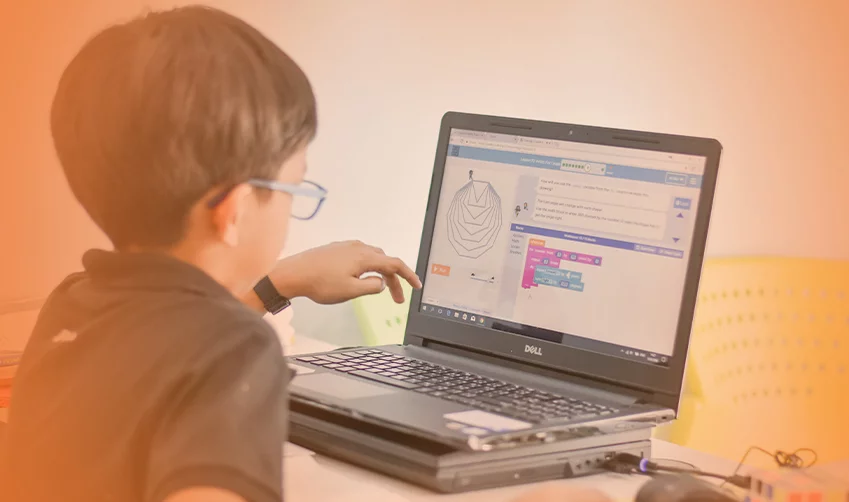How integrated learning systems in schools promote new-age skills?

One question that reverberates the education sector is, “Will the present education model stand the test of time”? The pandemic answered this for us—the sector crumbled within a few days of the pandemic bringing the sector to a standstill. So how do we prepare the younger generation for a future that doesn’t even exist yet? The accelerating pace of technological advancements is shortening the shelf-life of employees’ existing skill sets, which means the education given in schools will soon go redundant. To keep up with the pace of technology and how education is being imparted, schools need to shed the old ways of education and must flex to cater to what’s coming next.
The present and the future
Sadly, the present education system is not enough to cater to a fiercely competitive future. The chalkboard system ruled the sector for several years, but as the dawn cracked on March 11 and WHO declared Coronavirus a pandemic, the sector crumbled. With this, learning gaps were created and the unreliability and redundancy attached with the sector got exposed.
The need to deploy new-age learning methods in schools is important today more than ever. There is a need to look beyond traditional curriculum and learning beyond textbooks is felt today across all schools globally. With the advent of Industrial revolution 4.0, training children with apt skills to stay relevant is required.
UNESCO says, “In today’s societies, the ability to leverage digital technology is increasingly indispensable. More than 90% of professional occupations require digital literacy. Coding is one of the fundamental competencies to understand the hyper-connected world of the 21st century. Education systems are increasingly trying to ensure equitable, inclusive and high-quality digital skills education and training, including on computer programming (coding) skills. Coding is a literacy that enhance skills such as problem solving, teamwork, computational and analytical thinking.”
It’s better late than never
Coding in schools was not considered necessary or a necessity until very recently. However, coding should be imparted to children early because the ability to pick up complex or technical tasks quickly diminishes with age. Today, we are surrounded by systems that require digital control or intervention that operate on coding. Coding helps children build mastery in sequencing skills, counting, problem solving, logical thinking, cause and effect, and critical thinking through experimentation. Additionally, children can express themselves through coding and find it trendy to create games, apps, websites, and even control robots.
The sooner students become acquainted with coding, the more successful they are when subjected to challenging learning opportunities or situations. Beginning with vocabulary terms such as program, sequence and algorithm provides students with the basic computer skills they will need for future careers. Learning systems in school promote new-age learning that helps schools overcome the redundancies they are following for years.
How is LEAD helping schools change the narrative for Indian schools?
LEAD has taken the first step towards transforming the way children learn in schools to offer Coding and Computational Skills (CCS) Program to help students become future-ready.
One of the significant reforms announced by the National Education Policy 2020 is introducing coding classes for young students. According to the policy, if students hone skills like coding right from a nascent stage, it will help them with better future opportunities. Moreover, it opens doors of innovation and creativity by pushing them to set achievable goals and transform their thinking about career paths.
LEAD’s CCS program help students in multiple ways such as:
- Becoming future-ready: Coding is set to become a core life skill for the future.
- Job Prerequisite: Future jobs will require some level of coding and computational skills across industries and domains, which makes this skill an important one to have.
- Global competency: Most developed countries have already taken a significant leap in including coding as a critical skill for school children. To avoid falling behind, Indian schools must introduce coding for students to compete at a global level.
Coding, no more, is a higher education concept and has been embraced by schools globally. LEAD is the new-age integrated learning system that has leapt in terms of redundant education being imparted in schools.

-1.png)


